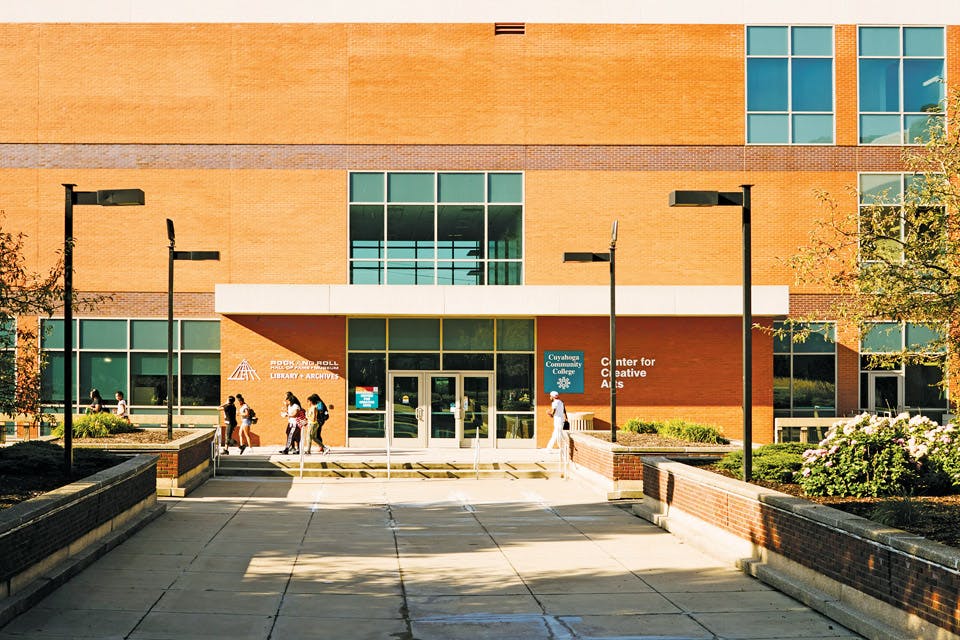Ohio Life
The College Tour: Cuyahoga Community College
Cuyahoga Community College’s Metropolitan Campus in downtown Cleveland offers class schedules, educational styles and interactive experiences that cater to a range of students.
Related Articles
.jpg?sfvrsn=17edb738_5&w=960&auto=compress%2cformat)
How an 11-Year-Old From Logan Became a Lego Legend
Bentley won the title of Legoland Discovery Center Columbus’ Mini Master Builder for 2025. READ MORE >>

Ohio Love Staff Picks: March 2025
From a beloved pancake breakfast in Burton and a former factory in Mount Vernon to an iconic piece of Cincinnati history, here’s what our staff loves about Ohio this month. READ MORE >>

Ohio Finds: Clyde Singer’s “Beaten Ball Club”
Born in 1908 in Malvern, Singer was a natural artist. He created this painting in 1949. READ MORE >>



